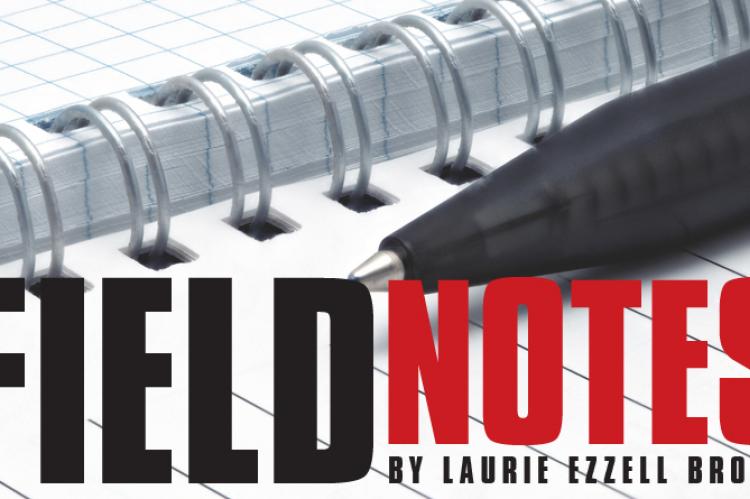Field Notes: Inauguration Day, 2021
I LISTENED WEDNESDAY, with half of my attention and all of my hope, to President Joseph R. Biden’s inaugural words. Words matter to me a great deal, and these words—delivered after four years of hate-filled vulgarity and hollow, self-serving lies, which emanated like dry thunderstorm from Trump’s White House—these words mattered more than most.
It was deadline day in our newsroom, but the inauguration of this president was news. At last, for some of us, it was welcome news.
I was still fighting the rawness and rage that overcame me when, just two weeks earlier, on another deadline day, I sat at my desk, riveted to every horrifying report of the attempted coup at the U.S. Capitol. Nothing about it surprised me: not the distorted faces of fanaticism, not the chiding taunts of the now-former president, urging his followers to take back their country, and certainly not the death and destruction their unleashed rage wreaked.
It was almost a relief to see it in the clear light of day, to recognize it, finally, having felt it burrowing barely beneath the surface for so long.
But this Wednesday, January 20, was different. It was a chance to breathe again.
The dignity and solemnity of Biden’s words—surely as honest and heartfelt as any I have ever heard—allowed us to lift our heads, to believe that it might be possible to come together as one nation, and to witness, as we did, the peaceful transfer of power that is a hallmark of our democracy.
His message was not so much one of gratitude for that democracy, as it was a call to us to do what we must to defend it.
“We pledge today not to take our democracy for granted,” Senator Amy Klobuchar said, urging us to be faithful to our constitution and to cherish it.
National Youth Poet Laureate Amanda Gorman recited a poem, “The Hill We Climb,” which she had finished writing late on the night following the January 6 riots.
“…Being American is more than a pride we inherit, it’s the past we step into and how we repair it,” she told us. “But while democracy can be periodically delayed, it can never be permanently defeated. In this truth, in this faith we trust.”
“We’ve learned again that democracy is precious,” President Biden said. “Democracy is fragile. And at this hour…democracy has prevailed.”
Those words were less a promise that democracy will prevail, though, than a challenge to roll up our sleeves and defend it…“for we have much to do in this winter of peril and significant promises. Much to repair, much to restore, much to heal, much to build, and much to gain.”
He called out the grievous harm we have sustained as a nation: the virus that silently stalks the country and has claimed so many lives; the millions of jobs lost; the hundreds of thousands of businesses closed; the cry for racial justice; the cry for this planet’s survival—a cry that can’t be any more desperate or clear, he said.
“And now,” he said, “a rise of political extremism, white supremacy, domestic terrorism that we must confront and we will defeat.”
President Joe Biden knows the magnitude of the problems we face, and for which he has assumed responsibility. He sees clearly the seemingly insurmountable challenges this nation must confront.
He also acknowledged the rage of politics, that destroys everything in its path, and the culture in which facts themselves are manipulated and even manufactured.
“There is truth and there are lies, lies told for power and for profit,” Biden said.
“Each of us has a duty and a responsibility as citizens, as Americans, and especially as leaders…to defend the truth and defeat the lies.”
Biden challenged us to “end this uncivil war that pits red against blue, rural versus urban, conservative versus liberal.” He recognized our deep divisions, but called for unity, urging us to “open our souls instead of hardening our hearts…[to] show a little tolerance and humility.”
“We have to be better than this,” he said.
Yes, we must. And surely to god we can be, we have been, and we will be again.


